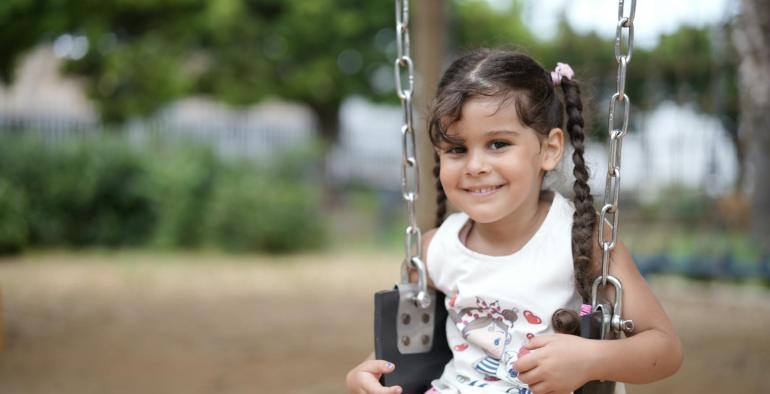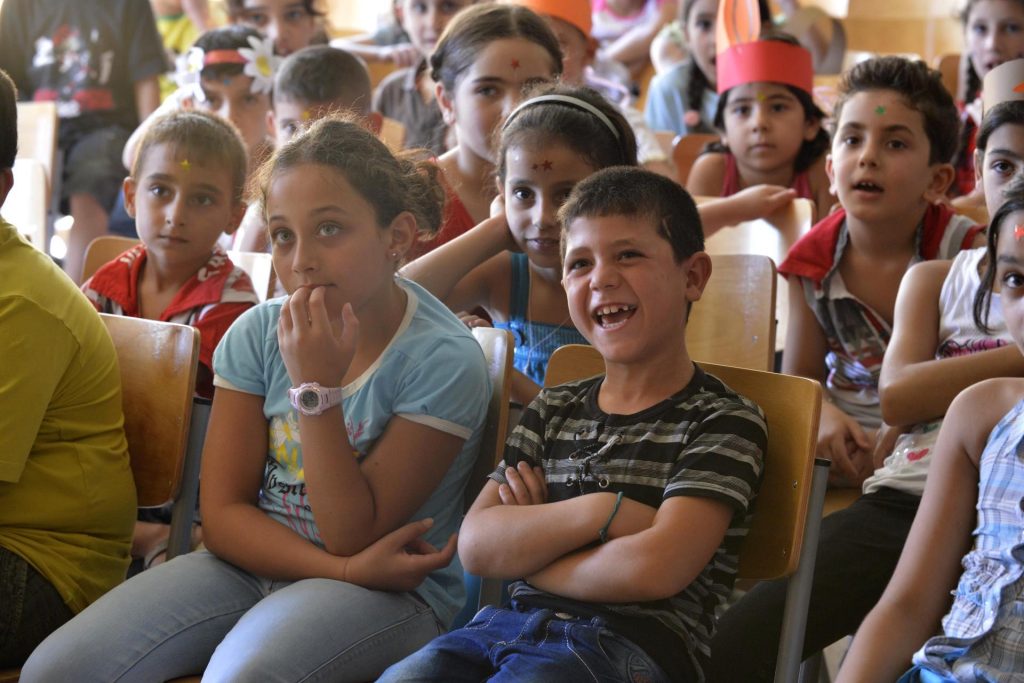A new report by UNICEF reveals shocking statistics about the plight of Syrian refugee families in Lebanon. The study found that 28% of these families have had to resort to sending their children to work to make ends meet, which is a 7% increase from last year. In addition, a staggering 86% of families reported that they do not have enough money to purchase basic essentials, up 76% from last year.
The report also showed that 30% of families reported that at least one of their children did not attend school. The most common reasons for this are the high cost of transportation, educational materials, or schools refusing to accept them. Furthermore, the report indicates that 15% of families have had to stop their children’s education, and 52% have cut spending on education.

The situation is dire, with more than one in ten families surveyed having to send their children to work, given the economic downturn in the country. The report emphasizes the devastating impact this crisis is having on the mental and physical health of households, with three-quarters of families having to slash spending on health treatment, up from 60% last year.
The Unicef report also highlights the issue of period poverty, with over half of respondents saying that women and girls in their households do not have enough female hygiene items, such as sanitary pads, and almost all of them report that they are now too expensive. The effect on children’s mental health is also significant, with nearly seven in ten caregivers reporting that their children seem anxious, nervous, or worried.
Edouard Beigbeder, UNICEF’s representative in Lebanon, warns that the compounding crises facing the children of Lebanon are breaking their spirits, damaging their mental health, and threatening to destroy any hope for a better future. The report calls for an urgent increase in investment in critical services such as education, health, and social protection; to mitigate the impact of the crisis and ensure the well-being and survival of future generations, which will ultimately contribute to economic recovery.
WE SAID THIS: Don’t Miss…Egypt Announces Release of New LE 20 Polymer Banknote Ahead of Eid Al-Adha



